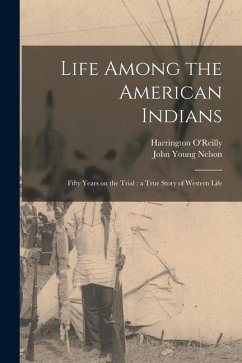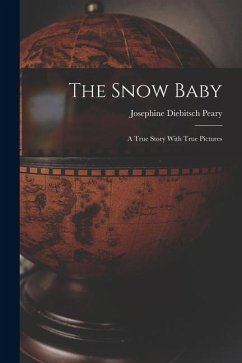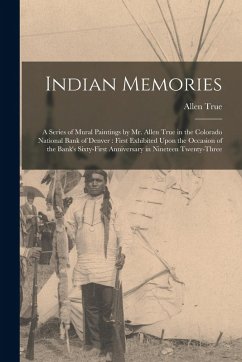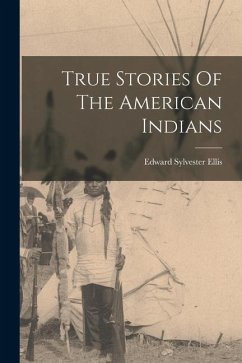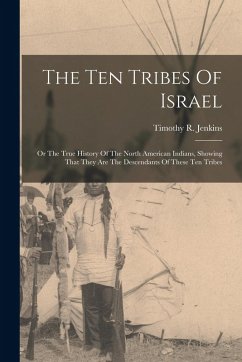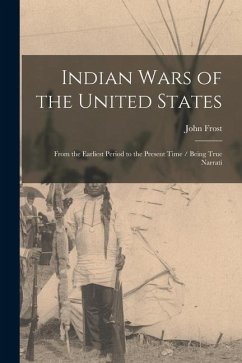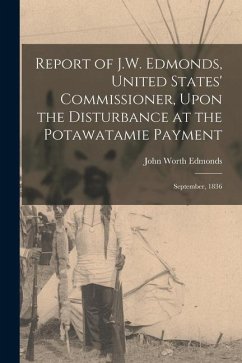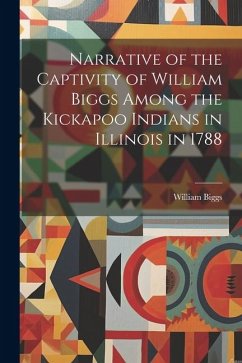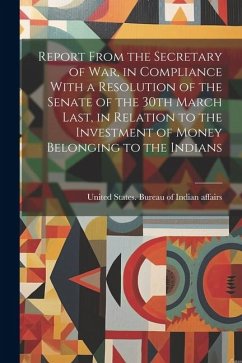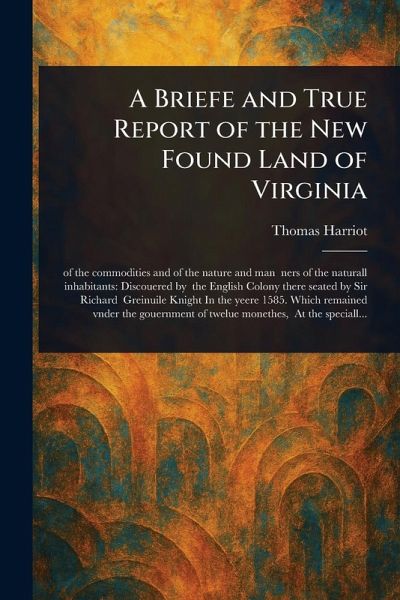
A Briefe and True Report of the New Found Land of Virginia
Versandkostenfrei!
Versandfertig in über 4 Wochen
14,99 €
inkl. MwSt.
Weitere Ausgaben:

PAYBACK Punkte
7 °P sammeln!
Venture back to the 16th century with Thomas Hariot's "A Briefe and True Report of the New Found Land Of Virginia, 1590," a firsthand account of early exploration and colonial history. This historical text offers invaluable insight into the first English attempts to establish a settlement in Virginia, specifically the Roanoke colony. Hariot's report details the landscape, resources, and Native American populations encountered during these expeditions. Explore the initial interactions between the English explorers and the indigenous people of what is now North Carolina. This book provides a cru...
Venture back to the 16th century with Thomas Hariot's "A Briefe and True Report of the New Found Land Of Virginia, 1590," a firsthand account of early exploration and colonial history. This historical text offers invaluable insight into the first English attempts to establish a settlement in Virginia, specifically the Roanoke colony. Hariot's report details the landscape, resources, and Native American populations encountered during these expeditions. Explore the initial interactions between the English explorers and the indigenous people of what is now North Carolina. This book provides a crucial primary source for understanding the challenges and realities of early American colonial life, offering a glimpse into a pivotal moment in United States history. A significant work for anyone interested in exploration, early American travel, and the complexities of colonial encounters. This work has been selected by scholars as being culturally important, and is part of the knowledge base of civilization as we know it. This work is in the public domain in the United States of America, and possibly other nations. Within the United States, you may freely copy and distribute this work, as no entity (individual or corporate) has a copyright on the body of the work. Scholars believe, and we concur, that this work is important enough to be preserved, reproduced, and made generally available to the public. We appreciate your support of the preservation process, and thank you for being an important part of keeping this knowledge alive and relevant.






